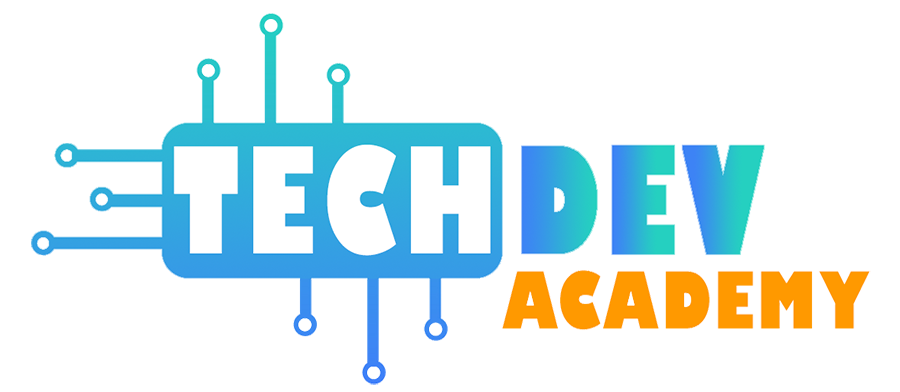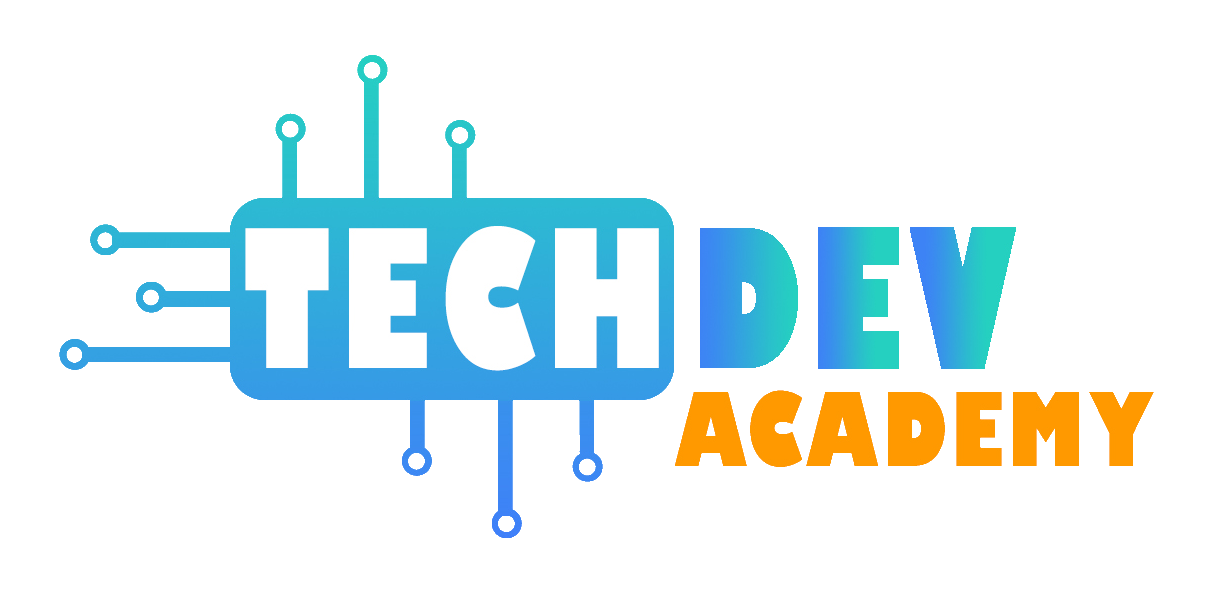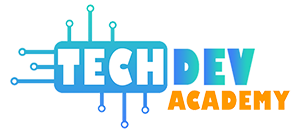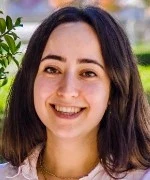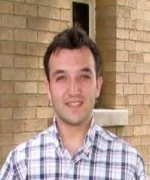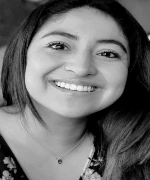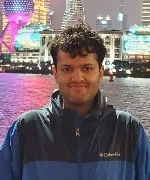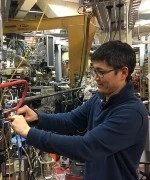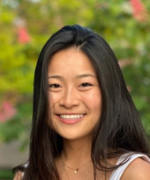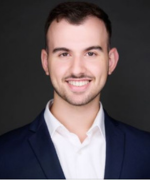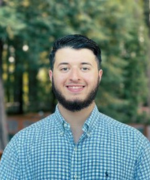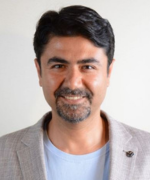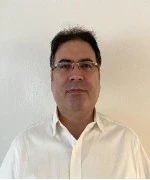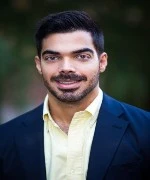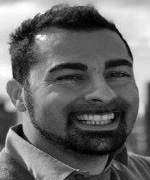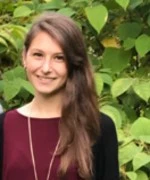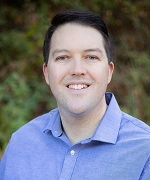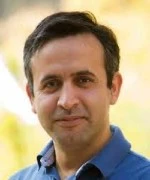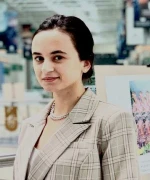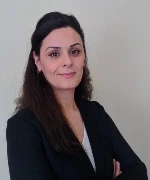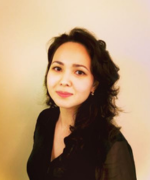The Role of Technology in Modern Education
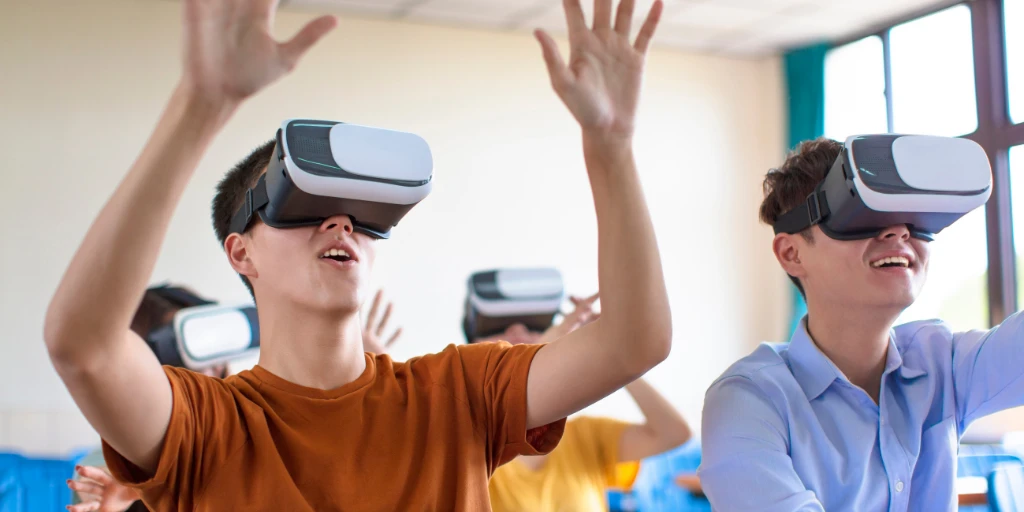
Technology is now an essential part of education in today’s society. A variety of digital tools and platforms have been included into the curriculum and classrooms of schools, colleges, and institutions all around the world in order to embrace this trend. From online learning platforms and educational software to virtual reality simulations and artificial intelligence tools, technology has transformed the way we teach and learn.
The growth of online learning platforms is one of the most notable shifts brought about by technology’s revolution in education delivery. Students may access course materials, turn in assignments, and receive degrees from any location with an internet connection thanks to these platforms, which include well-known ones like Coursera, edX, and Udemy. Online learning platforms have made it feasible for students to continue their education while balancing employment, travel, or living in remote places by offering a flexible and convenient alternative to the traditional in-person education.
Online learning platforms also offer a wider range of course options, as students can choose from a variety of subjects and institutions. This has made education more accessible and diverse, as students can now take courses from top universities and experts around the world without having to physically relocate.
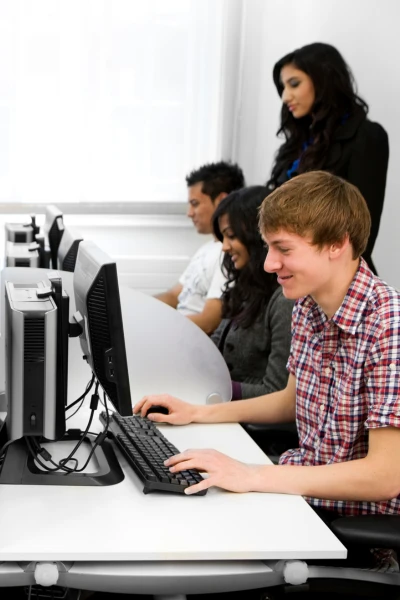
In addition to online learning platforms, educational software and apps have also become popular tools in modern education. These tools can help students to learn new concepts, practice skills, and track their progress. For example, there are many math and language arts apps that offer interactive games and quizzes to help students learn and retain information. There are also virtual lab simulations and interactive science experiments that allow students to conduct experiments and observe results without the need for expensive equipment or hazardous materials.
Educational software and apps can also be personalized to meet the needs and learning style of each student. For example, some tools use artificial intelligence to adapt the difficulty and content of the lessons based on the student’s performance. This can make learning more engaging and effective for students, as they can progress at their own pace and receive personalized feedback. Additionally, technological advancements have made it possible for students to receive online mentoring and guidance from expert educators. This has opened up exciting opportunities for students to interact with mentors from around the world and receive personalized support to enhance their learning experience.
Teachers now find it simpler than ever to generate and distribute resources for their pupils thanks to technology. To share worksheets, assignments, and other resources with their students, teachers can use systems like Google Classroom and Blackboard. They can also use video conferencing tools, such as Zoom and Skype, to hold virtual office hours or tutoring sessions. For students who are unable to attend in-person classes due to illness, travel, or other commitments, this can be extremely useful.
Technology has also opened up new ways for teachers to engage and interact with their students. For example, teachers can use interactive whiteboards and tablets to present lessons and multimedia content, such as videos and animations. They can connect with their pupils on social media sites like Twitter and Facebook and exchange materials and information.
Despite the many benefits of technology in education, there are also some concerns that have been raised. The inequality between people who have access to technology and those who do not is a particular area of worry, and it is known as the “digital divide.” As a result, kids without access to technology might not have the same possibilities as those who do. This can lead to disparities in education. Overcoming such disparities is of the utmost importance for raising technologically literate kids.
To address the digital divide, many schools and organizations have implemented programs to provide access to technology for underserved communities. For example, the One Laptop per Child initiative provides low-cost laptops to children in developing countries, while organizations such as EveryoneOn and Internet Essentials offer discounted internet service to low-income households in the United States.
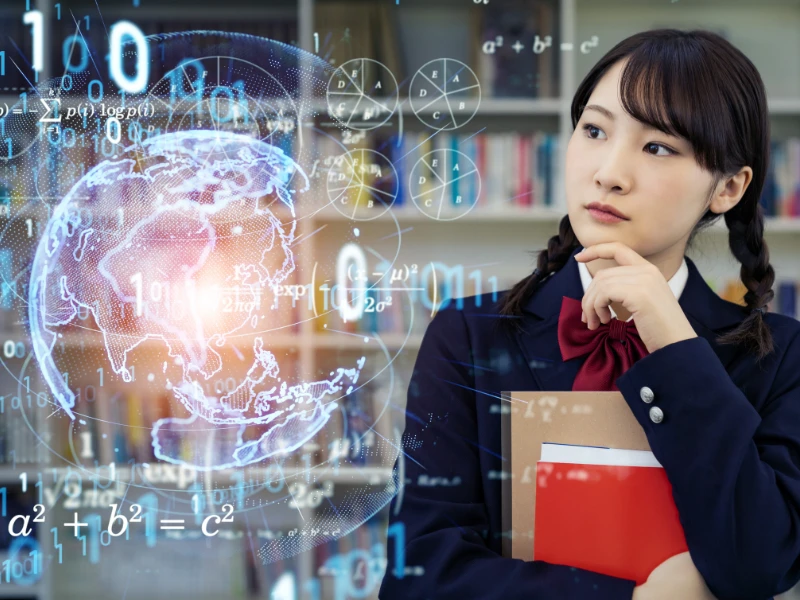

There is also the concern that technology can be a source of stress and overload for students. With the constant notifications and alerts from social media and other apps, it can be difficult for students to disconnect and focus on their studies. To address this, some schools have implemented digital wellness programs that teach students about the importance of balance and self-care in the digital age.
Despite these challenges, technology has the potential to enhance the learning experience and make education more accessible and effective for students around the world. It will be fascinating to watch how technology changes over time and how it affects schooling.
In conclusion, the role of technology in modern education is multifaceted and complex. It has the potential to transform the way we teach and learn, making education more accessible, diverse, and personalized. However, it is important to address the digital divide and ensure that all students have access to technology, as well as address the potential for distraction and stress. As we continue to integrate technology into education, it will be important to carefully consider the benefits and challenges and strive to create a balance that maximizes the potential of technology to enhance the learning experience.
